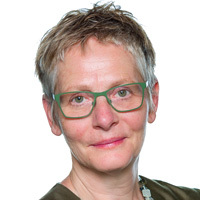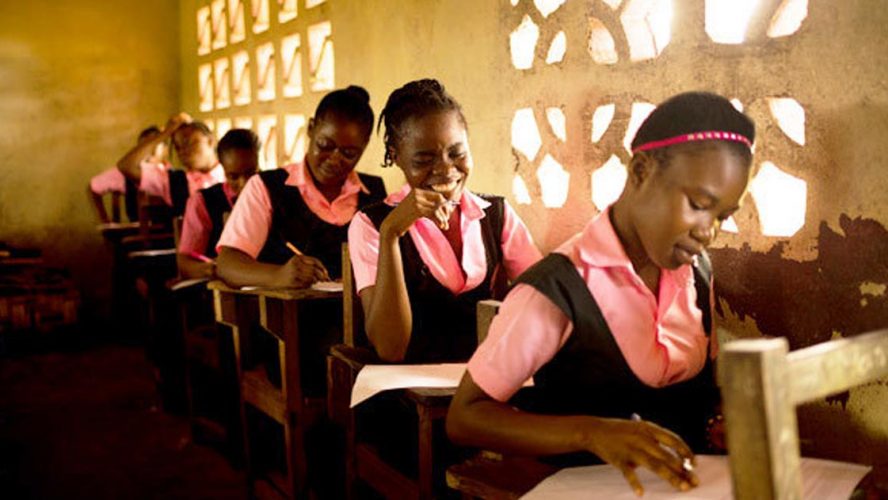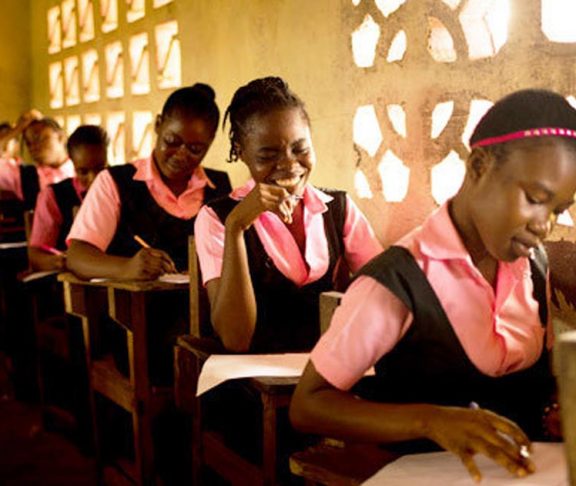
Franka Cadée
President, International Confederation of Midwives
Midwives need access to quality and complementary training in order to optimise their lifesaving potential and ensure a high standard of maternal care globally.
Given the role of midwives as primary caregivers to women, commitment to the midwifery profession is key to achieving universal health coverage (UHC). The close relationship that midwives have with women and their babies makes investment in midwifery education the single most impactful means to improve maternal and newborn health.
To ensure that the drive for change that. characterises the profession is not held back by a lack of resources, the International Confederation of Midwives (ICM) works with midwives in 133 member associations across 114 countries to demand and deliver effective and professional training. Educating midwives to a high standard requires work with governments and stakeholders nationally to strengthen midwifery services, monitor their efficiency, and support midwives in their efforts to protect women.
Investing in midwifery education has a transformative impact on national and regional health. Midwives who are equipped with clearly outlined competencies are able to serve 87% of the needs of all women and newborns. The challenge of creating global standards of practice is slowly being overcome through the adoption of essential competencies and model curricula by governments, policy-makers, and midwives and midwifery associations alike.
Midwives leading the way
Because midwives can and must lead the way in health advocacy, they require varied and comprehensive training. To foster a culture of leadership in the profession, midwifery education should combine clinical education with training in leadership and research-based policy making. This is a central way to strengthen the voices of natural visionaries who advocate for maternal needs with unparalleled knowledge.
This year, International Day of the Midwife gave midwives a powerful platform through which to vocalise their experiences and shape public understanding of their profession. Our Midwifery Leaders Showcase, which features interviews with midwives themselves, celebrates the growing momentum among midwives leading policy developments, humanitarian efforts, educational structuring and more, as they provide insight into the evolving – but ever women-centred – nature of midwifery.
The collaboration between midwives is something we hope to further share in our 2020 triennial conference in Bali, where midwives from around the world can draw on the technical skills and experience of colleagues for application in their own countries.
A golden global standard
Encouraging midwives to participate more visibly in advocacy helps governments and stakeholders to better identify midwives’ needs in order to improve clinical practice globally. Engagement with midwives also provides feedback into which forms of training are most effective. Research has shown that low-dose, high-frequency training modules (where training tools are consistently available for incidental practice during lulls in clinical work) build reflexive ease – and therefore comfort – with using these techniques during high-pressure emergency situations. By ensuring readily-available access to these training tools in hospitals, birthing centres and the like, midwives who have a few spare minutes can practise their training, which creates a kind of ‘muscle memory’.
We also believe that to better identify gaps in practice and to help more mothers and babies survive globally, adequate assessment processes are central. This includes enabling midwifery education institutions to showcase their teaching, training and curriculum standards, while also providing them with the opportunity to gain comprehensive feedback on where standards can be improved to attain accreditation.
Since September 2011, ICM has conducted a series of gap analyses to identify gaps in the education, regulation and association development in 56 countries. This process revealed that midwifery education was stronger in English-speaking African countries, thereby identifying French-Speaking Africa as a priority region for improvement through stronger education programmes.
While ICM has a number of programmes that seek to strengthen midwifery education standards around the world, we recognise that partnership – with governments, civil society partners, the private sector and of course, with midwives and women – is vital to success. A shared belief in the transformative power of education has the ability to create a positive ripple effect beyond one midwife, one woman and one baby to create healthier, happier, economically-beneficial communities.

